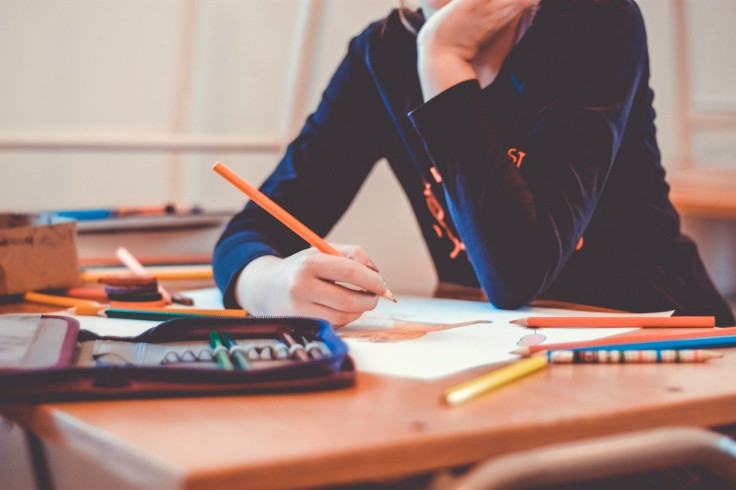New Study Finds Science-Based Ways To Improve Memory
KEY POINTS
- A combination of spacing and retrieval is the best option to strengthen memory
- Spacing refers to incremental learning over time
- Retrieval method works on the principle of jogging one's memory to remember information
A new study, based on more than centuries of research, has found the silver bullet to increasing memory power and reducing forgetfulness.
The study, published in the journal Nature Reviews Psychology, stresses two main ways of boosting memory, namely spacing and retrieval.
"The benefits of spacing and retrieval practice have been confirmed over and over in studies in labs, classrooms, and workplaces, but the reason why we're showcasing this research is because the two techniques haven't fully caught on. If they were utilized all the time, we'd see drastic increases in learning," Shana Carpenter, co-author and a professor at Iowa State Psychology, said, according to SciTechDaily.
Researchers define spacing as a method of incremental learning over time as opposed to learning all at once. Case in point, one study followed medical students who received training in surgery over three weeks and those who received training in one go. Those who received training over three weeks performed better than the other group in exams held after two weeks as well as after a year.
There are no fixed intervals to using the spacing method, Carpenter pointed out. However, studies show revisiting the information after forgetting it partially is most beneficial.
The retrieval method, on the other hand, works on the principle of jogging one's memory to remember the information. Flashcards, practice exams, and open-ended writing prompts are some of the ways to utilize the retrieval method. Also, researchers said those who bother to find out their mistakes or get quick feedback are likely to learn better.
The retrieval method reigned supreme over other non-retrieval methods in over 200 studies that were reviewed for this paper.
A combination of spacing and retrieval is the best option to strengthen memory, according to the researchers.
"Forgetting is a very natural thing; you can't stop forgetting even if you try, but you can slow down forgetting by using retrieval practice and spacing," Carpenter said, according to the outlet.
Carpenter also busted some myths regarding learning.
"Probably the number one misconception is that learning has to feel easy in order to be working, and that's just not true at all. You'll learn more durably and more effectively if you persist and get through those challenges than if it had felt easy the whole time," Carpenter said.
In other words, re-reading or highlighting text material instead of answering questions by writing will not prove useful. It can lead to what the authors called an "illusion of learning."
This research will help not just in learning for an exam but also learning a new hobby or technique.
"Learning how to learn is going to ensure that anywhere you go after the formal education years, you're going to know how to learn something and be successful," Carpenter concluded.

© Copyright IBTimes 2024. All rights reserved.





















